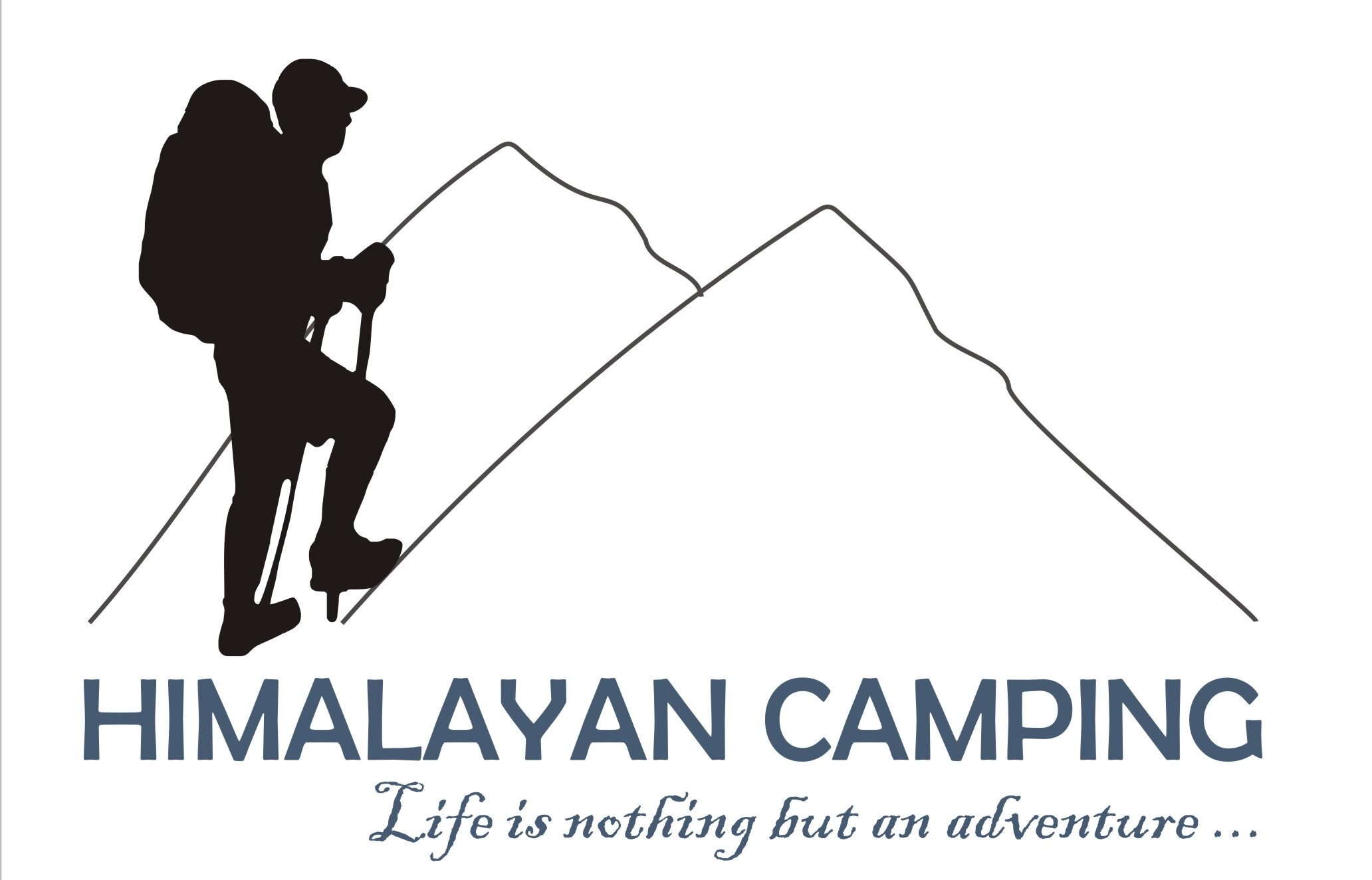
Load Carrying
Load Carrying
There have been several instances of people collapsing from exhaustion after attempting to carry too heavy a load in the hills or carrying a load in the wrong way. The basic principles of load carrying are closely related to mountain safety.
- Keep the load as light as possible though still observing the other rules of mountain safety. remember that younger people should not carry as much as an adult. A useful guide is that the load should not exceed one third of a young person’s body weight. Forty pounds should be the absolute maximum and rarely should a load need to exceed thirty pounds.
- Keep the weight of the load high and as directly above the spine as possible. It is much less tiring to have the weight pressing down through the spine than hanging back from your shoulders.
- Keep the load close to the back.
- Make sure that the load is well balanced.
- Remember that carrying a load will tend to upset your balance, so be careful on scree, ridges, or other awkward places, and avoid rock scrambling as much as possible.
Make sure that the rucksack cannot swing easily to your side and so send you off balance particularly when coming downhill. A waist strap will prevent the sack swinging.
A good practice which adds little weight to your rucksack is to purchase a large thick polythene bag. This can then form a good waterproof inner to your rucksack into which your clothing and equipment can be packed. It will not only keep your equipment dry but you will always have ready at hand a useful piece of extra equipment in case of being benighted.
Parties operating from camps in the mountains must appreciate that carrying heavy loads requires a greater energy (food) input and that it is essential to have with you, and eat, a sufficient quantity of carefully selected food before and during a mountain expedition. Particularly in bad conditions it is important to eat well, morning and evening, at camps and to consume energy foods during the day. Lack of sufficient, balanced food prior to and during an expedition could well be an important contribution to cases of mountain hypothermia.
Keep The Mountains Clean

